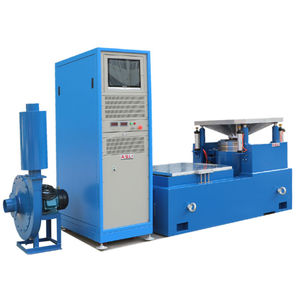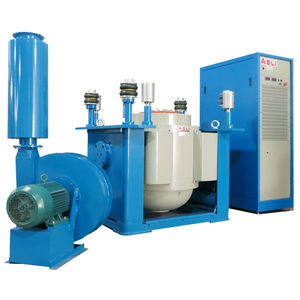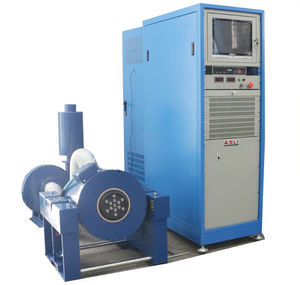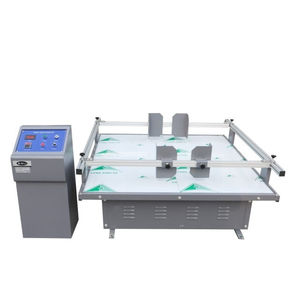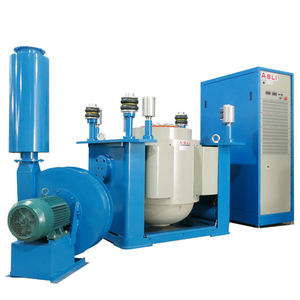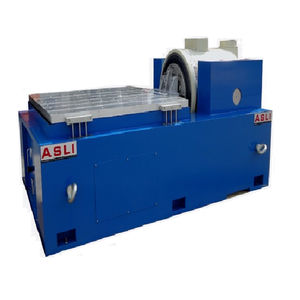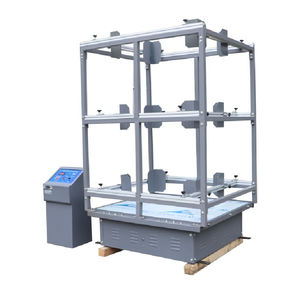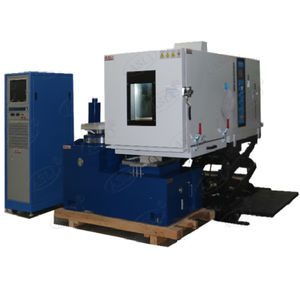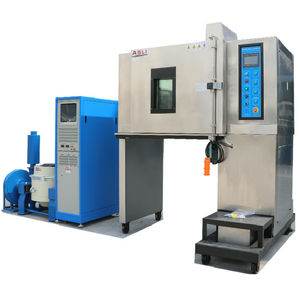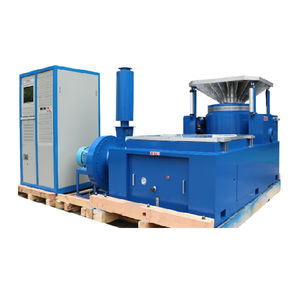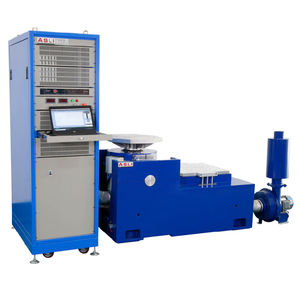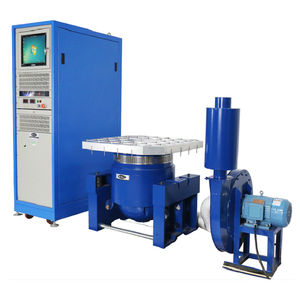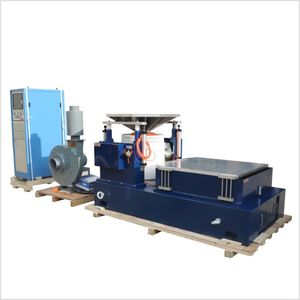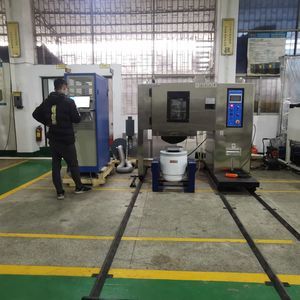
- Metrology - Laboratory
- Metrology and Test Equipment
- Vibration testing machine
- AI SI LI (China) Test Equipment Co., Ltd
- Company
- Products
- Catalogs
- Projects
- News & Trends
- Exhibitions
Force test machine ES-30vibrationspeedcomputer-controlled

Add to favorites
Compare this product
Characteristics
- Test type
- force, vibration, speed
- Operating mode
- computer-controlled
- Test material
- for plastics, for packaging, for cables, for electronic components, for rubber, battery
- Sector
- for laboratories, for research and development, for the automotive industry, for the aeronautical industry, for the aerospace industry, for quality control, for the electronics industry, for the packaging industry
- Technology
- electro-dynamic, electromagnetic, resistance
- Configuration
- vertical, horizontal
- Other characteristics
- precision, custom, high-speed
Description
Vibration test machines are used in various industries for testing the effects of vibration on products, equipment, and materials. These machines simulate real-world vibration conditions to assess the performance, durability, and reliability of the tested objects. Here are some common applications of vibration test machines:
Product Development and Quality Assurance: Vibration testing is an essential part of the product development process. It helps manufacturers identify design flaws, weak points, or potential failures in their products before they are released to the market. By subjecting prototypes or samples to controlled vibrations, engineers can evaluate their performance under different conditions and make necessary improvements.
Automotive Industry: Vibration testing is extensively used in the automotive industry to evaluate the durability and performance of vehicles, components, and subsystems. It helps identify potential issues such as structural weaknesses, component failures, or abnormal vibrations that may affect the comfort, reliability, and safety of the vehicle. Vibration tests are performed on engines, chassis, suspension systems, tires, and other critical parts.
Electronics and Electrical Equipment: Vibration can have a significant impact on the reliability and functionality of electronic devices and electrical equipment. Vibration tests are conducted to assess the resilience of these products against vibrations that occur during transportation, operation, or environmental conditions. It helps manufacturers ensure that their products can withstand the rigors of real-world use without failures or performance degradation.
VIDEO
Other AI SI LI (China) Test Equipment Co., Ltd products
Vibration Shaker and Simulated Transportation Tester
Related Searches
- Test machine
- Test cabinet
- Measuring machine
- Test stand
- Material testing machine
- Automatic test machine
- PC-controllable testing machine
- Temperature test cabinet
- Compression test machine
- Climatic test chamber
- Vertical test machine
- Automatic test stand
- Industrial test machine
- Humidity test cabinet
- Tensile test machine
- Digital testing system
- Laboratory test machine
- Automatic test equipment
- Industrial testing system
- Precision test machine
*Prices are pre-tax. They exclude delivery charges and customs duties and do not include additional charges for installation or activation options. Prices are indicative only and may vary by country, with changes to the cost of raw materials and exchange rates.





